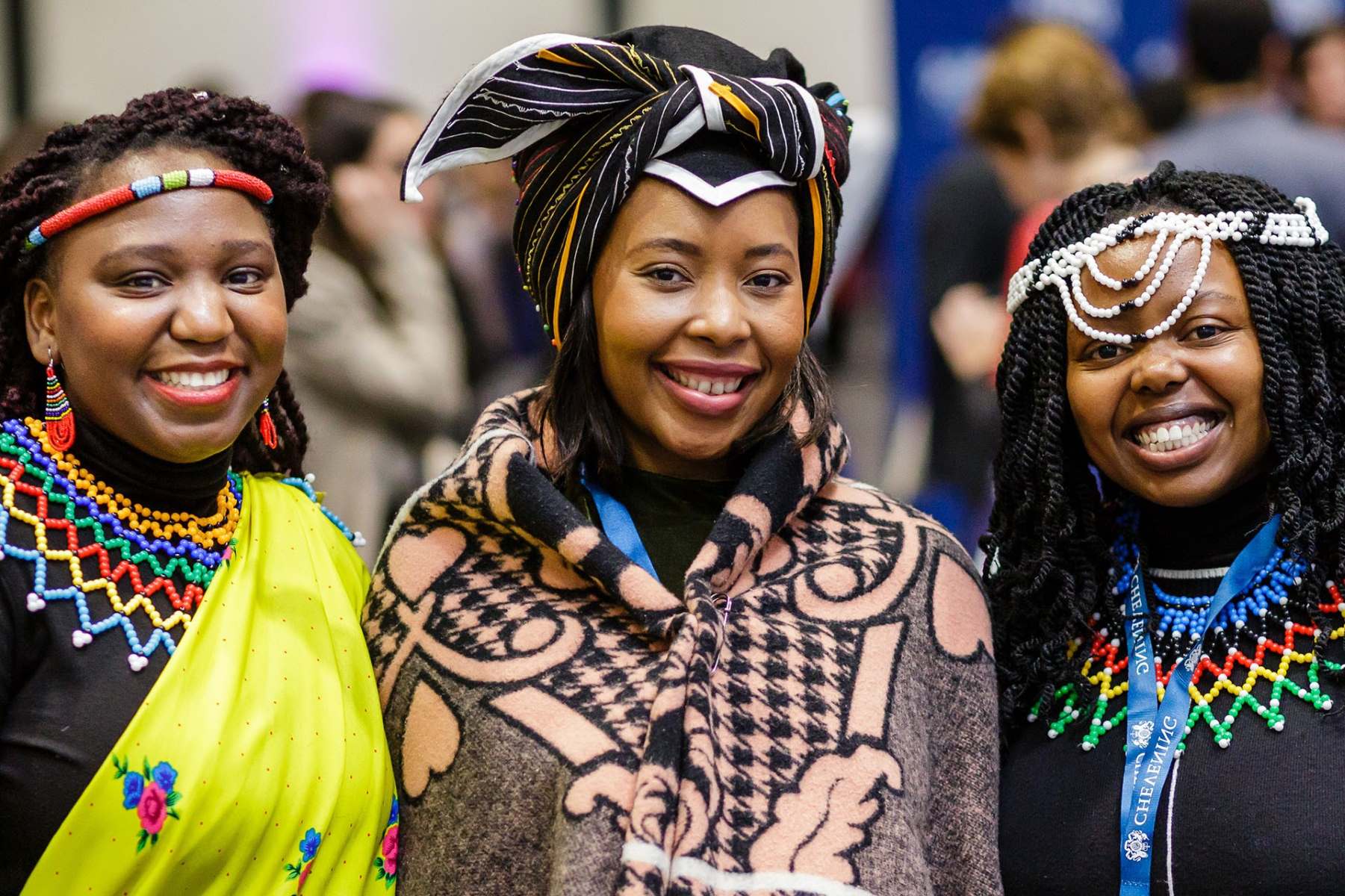Hidden Gems: The Meanings Behind Beautiful South African Names

Have you ever wondered about the meanings behind beautiful South African names? South Africa, known for its rich cultural diversity, offers a treasure trove of unique names, each with its own story. From Zulu to Xhosa, Sotho to Tswana, every name carries a piece of history and tradition. These names often reflect values, hopes, and dreams parents have for their children. Whether you're looking to name a baby or just curious, understanding these names can offer a deeper appreciation for South African heritage. Let's dive into the fascinating world of South African names and uncover their beautiful meanings.
Discovering the Beauty of South African Names
South Africa, a land rich in culture and history, boasts a treasure trove of beautiful names. Each name carries a unique story, reflecting the diverse heritage of this vibrant nation. Let's explore some of these hidden gems and uncover their meanings.
Names Inspired by Nature
Nature plays a significant role in South African culture. Many names are inspired by the natural beauty surrounding the people.
- Thandiwe: Meaning "beloved," this name reflects the deep affection and love found in nature's embrace.
- Lerato: Translating to "love," it signifies the natural bond and harmony among people and their environment.
- Naledi: Meaning "star," this name captures the beauty of the night sky, a common sight in South Africa's vast landscapes.
Names Reflecting Strength and Courage
Strength and courage are highly valued traits in South African culture. Names often embody these qualities, inspiring those who bear them.
- Mandisa: Meaning "sweetness," it symbolizes the strength found in kindness and compassion.
- Sipho: Translating to "gift," this name represents the courage to cherish and protect what is precious.
- Zola: Meaning "quiet, tranquil," it reflects the inner strength and calmness needed to face life's challenges.
Names Celebrating Heritage and Identity
South African names often celebrate heritage and identity, connecting individuals to their roots and history.
- Nkosi: Meaning "king," this name honors the rich history of leadership and royalty in South African culture.
- Thabo: Translating to "joy," it celebrates the happiness and pride in one's heritage.
- Bongani: Meaning "be grateful," this name encourages appreciation for one's cultural identity and history.
Names Symbolizing Hope and Future
Hope and the promise of a bright future are common themes in South African names, reflecting the optimism of the people.
- Sibongile: Meaning "we are grateful," it symbolizes hope and gratitude for the future.
- Luthando: Translating to "love," this name represents the hope for a future filled with love and unity.
- Nkosinathi: Meaning "God is with us," it reflects the belief in divine guidance and a hopeful future.
Names Inspired by Everyday Life
Everyday life in South Africa is rich with experiences that inspire beautiful names, reflecting the simplicity and beauty of daily living.
- Nomvula: Meaning "mother of rain," it signifies the importance of rain in daily life and agriculture.
- Sanele: Translating to "we have enough," this name reflects contentment and satisfaction with life's blessings.
- Ayanda: Meaning "they are increasing," it symbolizes growth and prosperity in everyday life.
Embracing South African Names
South African names carry deep meanings and reflect rich cultural heritage. Each name tells a story, connecting individuals to their roots and traditions. Whether it's Zulu, Xhosa, Sotho, or Afrikaans, these names offer a glimpse into the diverse history of the region.
Choosing a South African name for your child or learning about their significance can be a meaningful way to honor this heritage. It’s not just about the sound; it’s about the legacy and the values they represent. Names like Thandiwe (beloved) or Mandisa (sweet) bring a sense of identity and pride.
Next time you hear a South African name, take a moment to appreciate its beauty and the story behind it. These names are more than just words; they are a celebration of culture and history.

